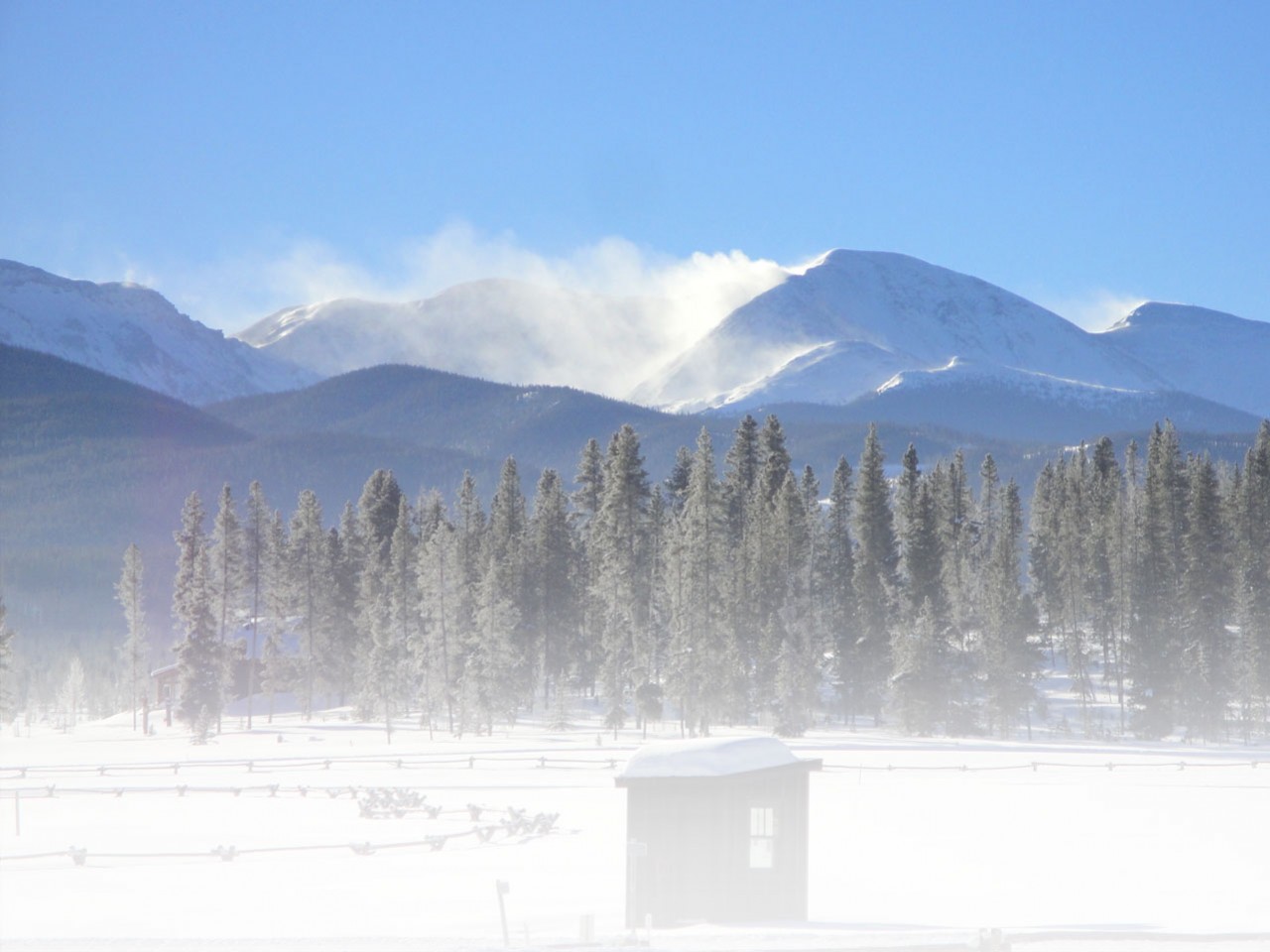A huge coal strip-mining operation proposed on Alaska’s Chuitna River by the owner of the Snowbird Ski and Summer Resort in Utah has drawn the ire of groups concerned about the mine’s contribution to global warming.
Richard Bass, who owns the prominent Utah resort, has partnered with William H. Hunt to form PacRim Coal LLC, which has submitted permit applications to build a coal mine directly on top of 11 miles of prime salmon fisheries feeding the Cook Inlet. Nearly all the coal excavated from the mine, located about 45 miles from Anchorage, would be exported to coal markets in China and other Pacific Rim countries. The Chuitna mine would produce more than 12 million tons of coal annually, which when burned, would emit more than 27 million tons of carbon dioxide.
“It’s sadly ironic that the owner of a business that is solely dependent upon heavy snowfall and consistent winters is pushing a project that is a direct threat to the ski industry and completely contrary to the ideals of outdoor recreation,” said Ryan Demmy Bidwell with the Ski Area Citizen’s Coalition. “Coal is the single largest source of global warming pollution on the planet. We’re already seeing impacts on climate and weather patterns in the West. And this man wants to sell millions of tons of coal to China so it can be burned? Utah skiers and backcountry enthusiasts should be outraged.”
Bass’ mine proposal is even more hypocritical, conservation groups say, since Snowbird has been an active participant in the National Ski Area Associations Sustainable Slopes program, whose environmental initiatives include reducing greenhouse gas emissions from resorts in order to protect the climate.
“Snowbird has been one of the leading ski areas in terms of addressing global warming,” said Mark Clemens with the Utah Chapter of the Sierra Club. “In fact, they were the top award recipient from the NSAA in 2007. That’s what makes this proposed coal mine by Mr. Bass so troubling.”
Over 50 national organizations and businesses made recommendations that were incorporated in the Sustainable Slopes charter, a program designed to make ski resorts more environmentally friendly. Clemens doubts any of the participating organizations would be too thrilled to know that Bass was planning to develop a large coal mine.
“I can’t help but believe that some might consider this a real slap in the face” he said.”
In addition to its contributions to global warming, the mine would destroy one of Alaska’s most productive salmon fisheries. According to three scientific analyses of the mine’s impacts being released today, it is highly unlikely that the river’s fishery would ever recover from damage done by the mining. This year, the Chuitna River was one of the few rivers in the Cook Inlet region where fisherman enjoyed a healthy king salmon run. But if the mine is built, the studies determined, damage done directly to the streams and approximately 30 square miles of surrounding riparian habitat within the watershed would be irreversible.
“We want to keep Utah cool and Alaska wild,” said Dan Ritzman, the Western Director of the Sierra Club’s Beyond Coal Campaign. “We aim to show that sparing the climate hundreds of millions of tons of CO2 pollution and protecting this fragile fishery are better long-term investments for local economies in Utah and Alaska. In today’s transition to a greener economy, investments in coal are simply wasted dollars.”

![[Archive] Snowshoe Magazine - The snowshoeing experience for snowshoers around the world: snowshoe racing, snowshoes, gear reviews, events, recreation, first-timers.](https://archive.snowshoemag.com/wp-content/themes/snowshoemag2011/images/snowshoemagazine_logo.png)
Follow us for the latest news!